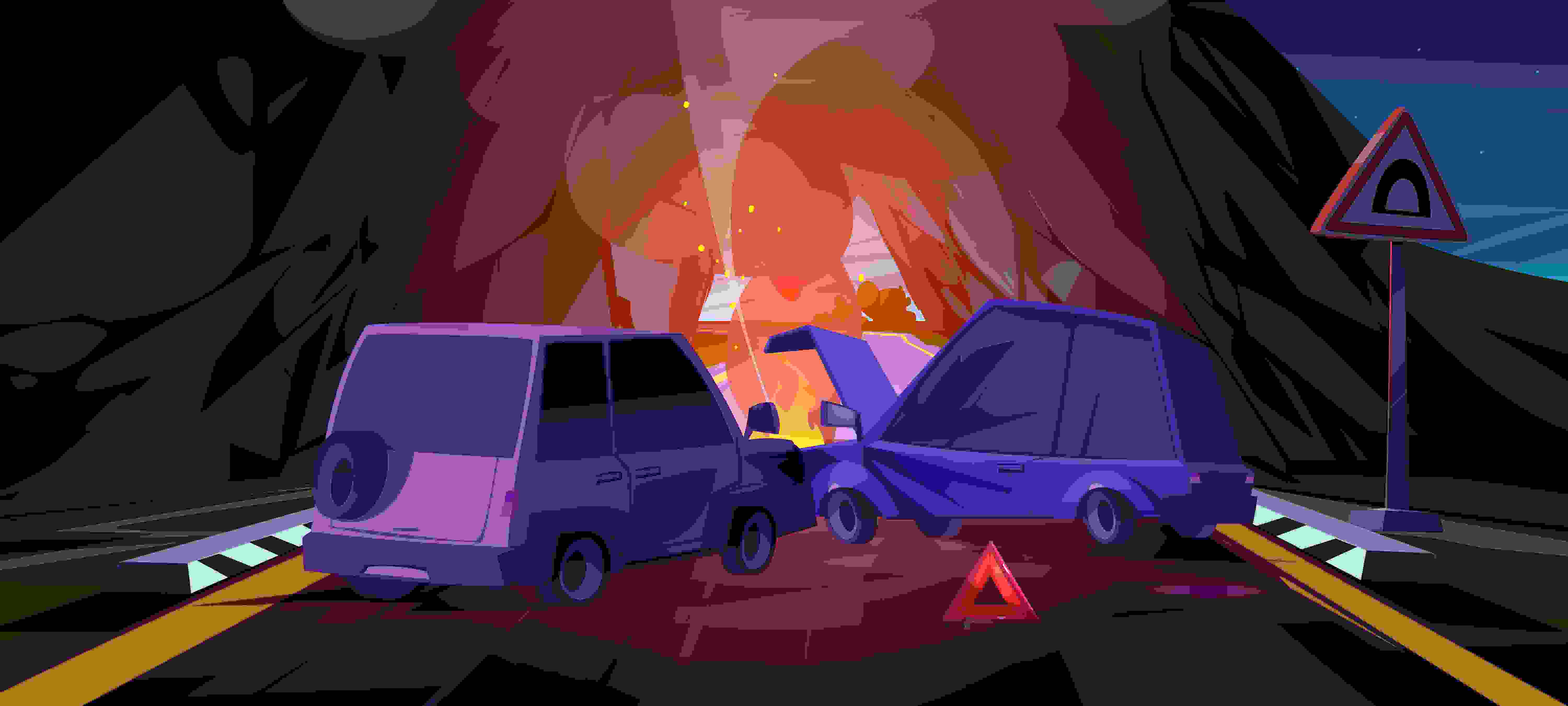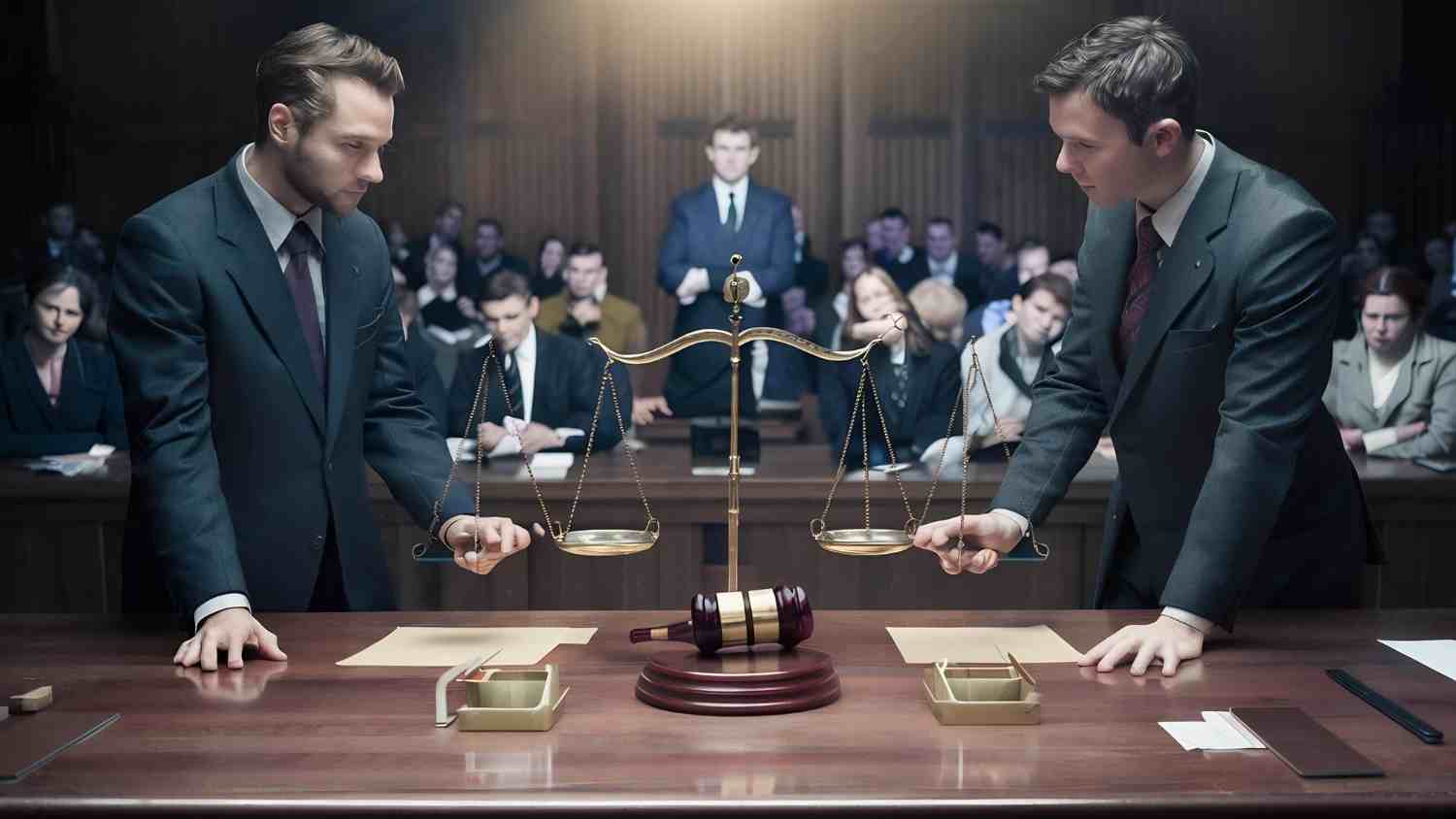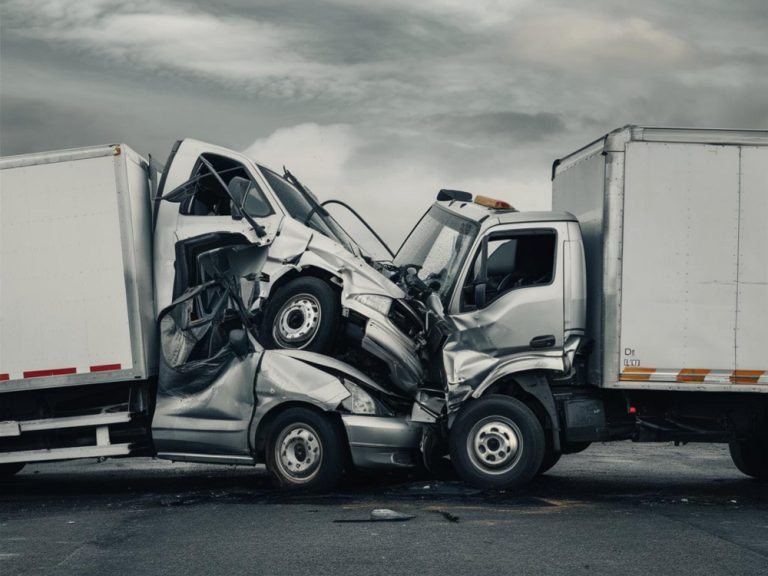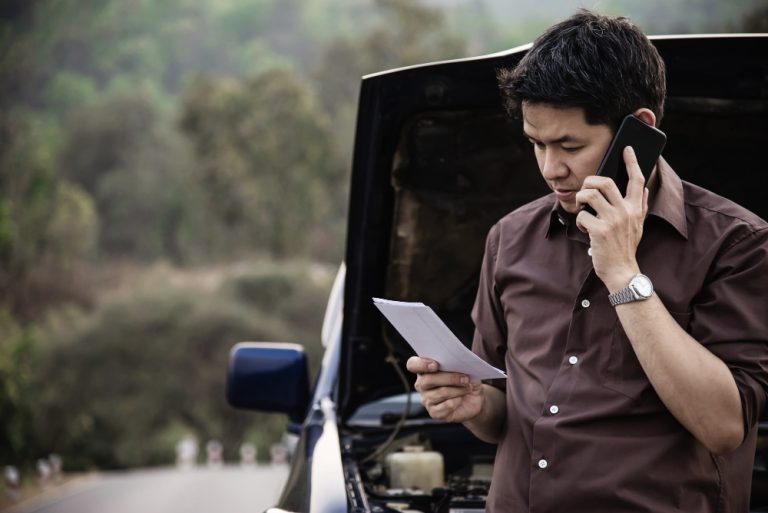Understanding Liability in a Chicago Truck Accident
Truck accidents in Illinois fall under both state negligence law and federal trucking regulations governed by the Federal Motor Carrier Safety Administration (FMCSA). That means our attorneys often have to look at who had a duty of care, who breached it, and whose actions directly caused harm, not just on the surface but behind the scenes.
Here’s a breakdown of the main parties that may be held responsible:
1. The Truck Driver
Drivers are the most visible link in the chain, but they are not always the only ones at fault. Common examples of driver negligence include:
- Driving longer than allowed under FMCSA’s Hours-of-Service (HOS) rules (49 CFR §395.3)
- Distracted driving such as texting, GPS use, or fatigue-related inattention
- Speeding or following too closely on congested Chicago roads like I-90 or I-290
- Failing to perform pre-trip inspections
- Impaired driving from alcohol, prescription medication, or stimulants
If a driver’s reckless behavior led to the crash, they can be held personally liable. However, under respondeat superior, the trucking company is often vicariously liable for their employee’s actions.
Learn more about our process in What Does a Truck Accident Lawyer Do?
2. The Trucking Company
In most of our cases, the trucking company shares responsibility, often more than they admit. They are required by law to:
- Properly train and supervise drivers
- Maintain vehicles to meet FMCSA and Illinois Department of Transportation (IDOT) standards
- Keep accurate maintenance and driver hour logs
- Avoid pushing drivers to meet unrealistic delivery deadlines
We have handled cases where trucking companies falsified logbooks or ignored mechanical issues to keep shipments moving. For example, in one Chicago-area case, a company forced its driver to work a 16-hour shift without rest. The result was a fatal collision on I-55. The driver took the blame initially, but when we reviewed the data, we proved the company had knowingly violated FMCSA limits.
When trucking companies prioritize profit over safety, they can and should be held accountable.
3. The Cargo Loader or Shipping Company
Sometimes, it is not the driver or the company at all, but the cargo. When freight is improperly loaded or unsecured, it can cause:
- Load shifts during turns
- Jackknife or rollover accidents
- Overweight violations that make braking nearly impossible
Our accident reconstruction experts have shown that a seemingly simple rear-end collision can begin with a cargo imbalance caused by a third-party shipper. Under 49 CFR §392.9, the responsibility for secure cargo does not fall solely on the driver, loaders, shippers, and brokers can also be held liable.
4. The Truck or Parts Manufacturer
When a crash results from mechanical failure such as brake defects, tire blowouts, or steering issues, liability can fall on the manufacturer or parts supplier. For instance, a case involving defective brake chambers on a Freightliner resulted in a multimillion-dollar Illinois settlement. That case reminded our attorneys why we always work with forensic engineers to inspect every component involved.
If we find that a part was inherently unsafe or recalled, we pursue claims under product liability law, holding manufacturers accountable for dangerous defects.
5. Maintenance Contractors
Truck fleets often outsource maintenance to third-party vendors. When those vendors cut corners or fail to perform required inspections, we make sure they are included in the liability chain. A missing brake inspection or skipped tire replacement can turn into deadly evidence.
Illinois’ Comparative Negligence Law
Illinois follows a modified comparative negligence rule under 735 ILCS 5/2-1116. This means:
- You can still recover compensation if you are less than 50% at fault.
- Your damages are reduced by your percentage of fault.
For example, if your damages are $500,000 and you are found 10% responsible for the crash, you can still recover $450,000. But if you are 51% at fault, you cannot recover anything under Illinois law.
Learn more in How Is Compensation Determined After a Semi-Truck Wreck?
Why Determining Liability Early Is Critical
Truck accident evidence disappears faster than most people realize.
- ECM or “black box” data may be overwritten within 30 days.
- Trucking logs and maintenance records are often lost after a crash.
- Surveillance and dashcam footage can vanish within weeks.
That is why our team acts immediately, sending preservation of evidence letters to every potential defendant, including the trucking company, shipper, and maintenance vendor. Early action allows us to secure the truth before insurance adjusters start rewriting the story.

Where Truck Accidents Commonly Occur in Chicago
Over the years, we have handled truck accident cases throughout the Chicago metro area, including:
- I-90 (Kennedy Expressway) – frequent congestion and merging accidents
- I-290 (Eisenhower Expressway) – common site for rear-end collisions
- I-55 (Stevenson Expressway) – high-speed truck accidents involving fatigue and overloading
- Cicero Avenue and Ashland Avenue – frequent delivery truck collisions in dense urban traffic
- Near O’Hare and Joliet logistics hubs – where many trucking companies operate distribution centers
Each area has its own unique challenges, from heavy industrial zones to dense downtown intersections.
Case Example: Uncovering Corporate Negligence
One of our most memorable Chicago cases involved a family hit by a tractor-trailer on I-294. The trucking company initially blamed driver error. But after subpoenaing the company’s internal communications, we found evidence that management pressured drivers to skip rest breaks to meet Amazon’s delivery deadlines.
Once that truth came to light, the insurance company quickly changed its tone, and we secured a seven-figure settlement that helped the family rebuild. That is why we never accept the first version of events in a truck crash. There is always more beneath the surface.
Damages You Can Recover After a Truck Crash
Truck accidents often lead to catastrophic injuries and long-term financial strain. When we take on a case, we pursue every available category of compensation, including:
- Medical bills (emergency care, surgery, therapy, rehabilitation)
- Lost income and reduced earning capacity
- Pain and suffering
- Emotional distress and loss of normal life
- Property damage (vehicle repair or replacement)
- Wrongful death damages (if a loved one was lost)
Read more in How Is Compensation Determined After a Semi-Truck Wreck?
Key Illinois Truck Accident Laws You Should Know
- 735 ILCS 5/13-202 – Statute of limitations for personal injury: 2 years from the date of the crash.
- 735 ILCS 5/13-205 – Property damage statute: 5 years.
- 625 ILCS 5/11-402 – Duty to stop and remain at the scene of an accident.
- 625 ILCS 5/7-601 – Minimum insurance requirements for commercial vehicles.
- 49 CFR Parts 382–396 – Federal regulations governing driver safety, equipment maintenance, and hours of service.
Find more in Expert Truck Accident Lawyers in Chicago – Fight for Your Rights.
Next Steps: What You Should Do Now
If you are unsure who is responsible for your truck accident, do not wait. Every day without legal action gives the other side a head start. Here is what we recommend:
- Seek medical treatment immediately. Even minor pain can signal internal injuries.
- Avoid talking to insurance adjusters. They are trained to protect the trucking company, not you.
- Contact our Chicago truck accident lawyers so we can begin preserving evidence.




